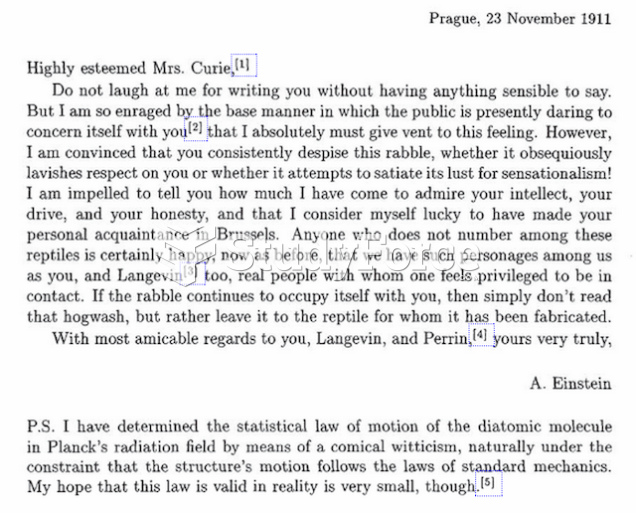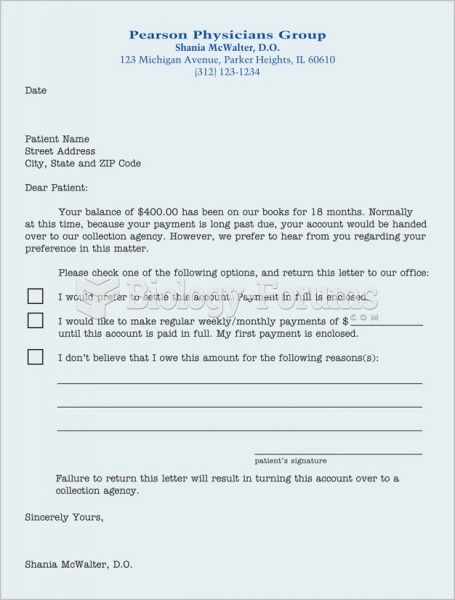|
|
|
More than 150,000 Americans killed by cardiovascular disease are younger than the age of 65 years.
Though newer “smart” infusion pumps are increasingly becoming more sophisticated, they cannot prevent all programming and administration errors. Health care professionals that use smart infusion pumps must still practice the rights of medication administration and have other professionals double-check all high-risk infusions.
After 5 years of being diagnosed with rheumatoid arthritis, one every three patients will no longer be able to work.
In the United States, congenital cytomegalovirus causes one child to become disabled almost every hour. CMV is the leading preventable viral cause of development disability in newborns. These disabilities include hearing or vision loss, and cerebral palsy.
When blood is exposed to air, it clots. Heparin allows the blood to come in direct contact with air without clotting.







